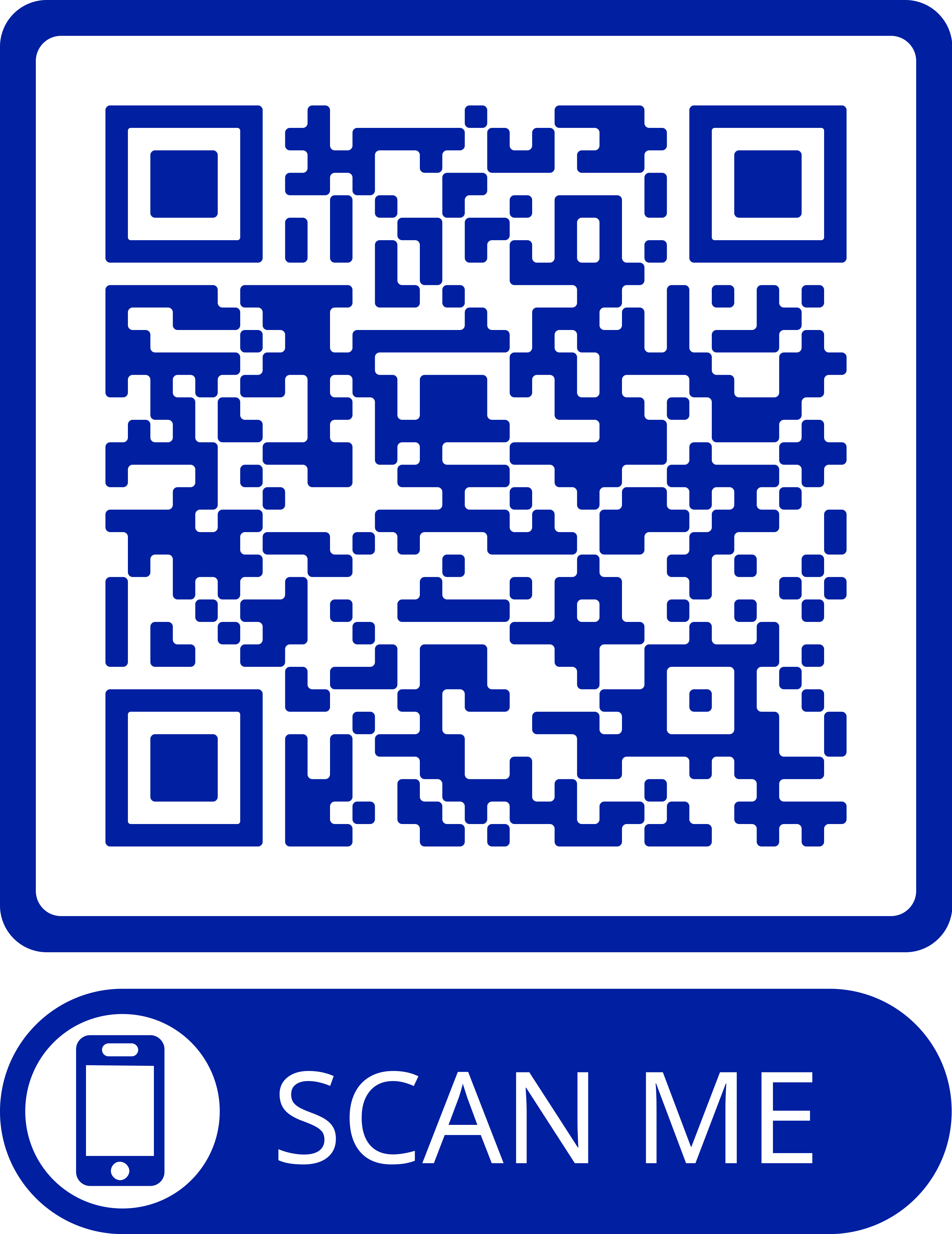- Reference Number: HEY1170/2020
- Departments: Respiratory Medicine
- Last Updated: 20 October 2020
Introduction
What is a Pulmonary Nodule?
Pulmonary (lung) nodule(s) are small dots or areas of rounded shadowing in the lung, usually 3 cm (approximately 1 inch) or smaller. They can be seen on a body scan (CT scan) and sometimes on a chest X-ray. Nodule(s) do not usually give any symptoms.
Why do Pulmonary Nodules occur?
Pulmonary nodules are common. They are found in approximately 1 in 4 (25%) older people who smoke or have ever smoked. People who have never smoked may also have pulmonary nodules.
Most pulmonary nodules are benign (non-cancerous) and may be due to scarring from previous lung infection. They are very common in conditions like rheumatoid arthritis or with a history of previous infections like TB (tuberculosis).
In a small number of people, a pulmonary nodule could represent a very early lung cancer or occasionally a cancer that has spread from elsewhere in the body.
How are Pulmonary Nodules diagnosed?
Sometimes pulmonary nodule(s) are seen on a chest X-ray but mostly they are too small and are only visible on a CT scan. They are often a chance finding, unrelated to the reason the CT scan was performed in the first place.
It is often not possible to know the cause of pulmonary nodule(s) from the CT scan alone. They are often too small and are not easy to get a biopsy (procedure performed to obtain a piece of the pulmonary nodule for examination). The best way is to monitor them by repeating the CT scan after a time interval to see whether they grow or change in appearance. Benign (non-cancerous) nodules occasionally get bigger but mostly remain the same.
Malignant (cancerous) nodule will eventually grow but very slowly to begin with. This can be monitored by repeating the CT scan over months to years. Due to very slow growth, repeating a scan too soon will not usually help show up this increase in size.
The interval between scans and total duration of monitoring is determined by the appearance of pulmonary nodule(s) and whether there has been any change on repeat CT scans. If there is any change in shape or size of the pulmonary nodule then your chest consultant may organise further tests and you will be invited to attend clinic to discuss this further. This process has been established by experts studying the growth of these nodules in large populations of patients having body scans.
What happens next?
Your CT scan will be looked at by radiologist (X-Ray specialist) and then by your chest specialist. In some cases, your chest specialist will discuss your information at a team meeting with other specialist doctors and nurses.
If a repeat CT is required, it will be arranged as per nationally agreed guidelines. Usually the scan is performed either in 3 or 12 months’ time. Some pulmonary nodule(s) may not need a repeat scan at all. You will be contacted by letter.
You may need to have several CT scans over a number of years. This will depend on:
- Your age
- Whether you smoke or have ever smoked
- Whether you have other known cancer
- Your general health
- Your other medical conditions
- Whether you have family history of lung cancer
- Your own wishes regarding further investigations
You and your doctor will receive a letter explaining results of your CT scan and whether a repeat scan is needed. It is expected that you will receive this information within 4 weeks of your CT scan. If the pulmonary nodules(s) remain stable for recommended period of time then we will inform you and discharge you from the pulmonary nodule pathway.
If you have any of the following symptoms between your scans, then you should inform your doctor who may wish to contact your chest consultant for advice.
- Pain in your chest
- Shortness of breath
- Repeated chest infections
- Coughing up blood
- Unexplained weight loss
If you have any concerns or questions about your condition please contact: Lung Cancer Clinical Nurse Specialist Team (01482) 461090 (Monday – Friday 9.00am to 4.00pm)

